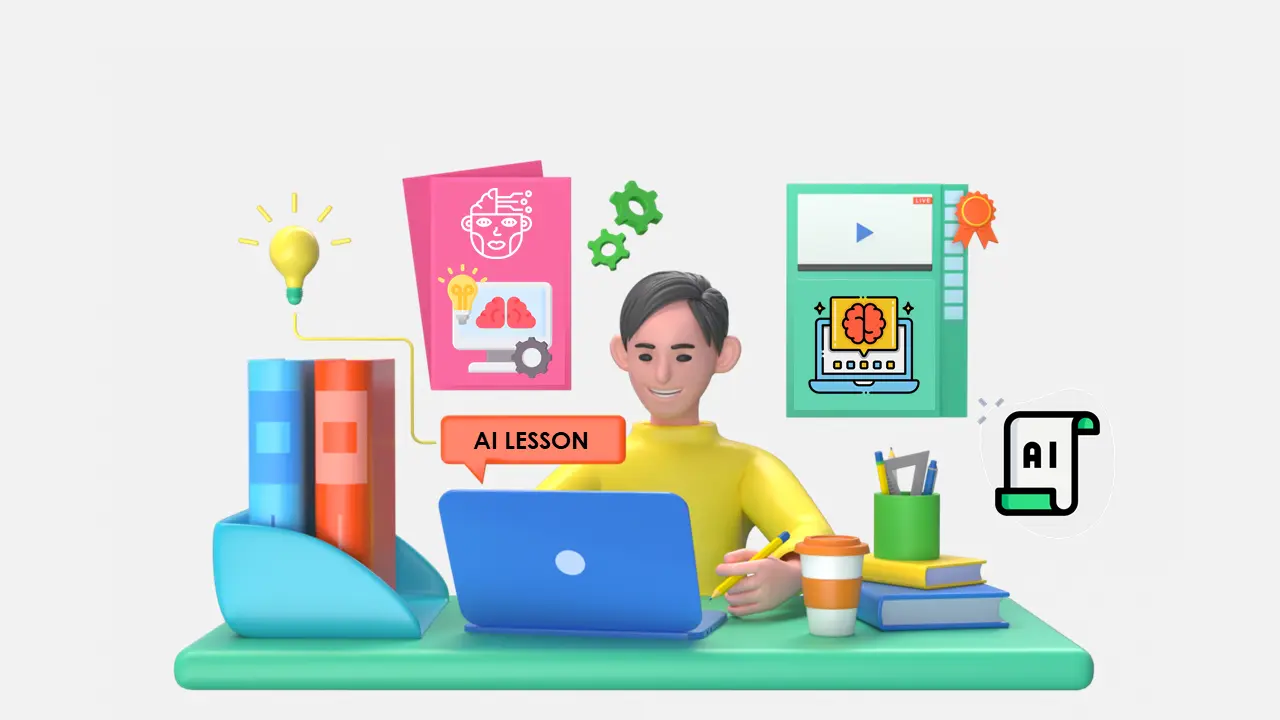Solopreneurship for Software Developers

Is AI Worth Learning
Artificial intelligence (AI) is one of the most important technologies of our time, and it is only going to become more important in the future.
AI is already being used in a wide variety of industries and as AI continues to develop, it is likely to have an even greater impact on our lives.
Artificial Intelligence has become one of the most talked-about and rapidly evolving fields of technology in recent years.
From self-driving cars to virtual assistants, Large Language Models, medical diagnosis, AI has found its way into various aspects of our lives.
With the increasing influence of AI, many individuals are pondering whether it is worth investing time and effort in learning about this ground-breaking field.
In this article, we will explore the reasons why AI is worth learning and the potential benefits it holds for individuals and society as a whole.
Here are some of the reasons that make AI worth learning:
One of the most compelling reasons to learn AI is the vast array of career opportunities it presents. AI is revolutionizing industries such as healthcare, Sports, finance, transportation, and manufacturing.
Companies are seeking AI experts to develop and implement intelligent systems, data analysis, machine learning models, and more.
By acquiring AI skills, individuals can position themselves at the forefront of this technological wave and open up exciting career prospects.
AI is fundamentally about solving complex problems and making intelligent decisions. Learning AI helps individuals develop critical thinking, logical reasoning, and problem-solving skills.
The ability to break down problems into manageable components, analyze data, and apply algorithms to find solutions is valuable, regardless of the field one works in.
AI education encourages a structured and analytical mindset that can be applied to various challenges in personal and professional life.
AI is not just a technological advancement; it is shaping the future of our society.
Understanding AI empowers individuals to actively participate in this transformative process and contribute to its ethical and responsible development.
By learning about AI, individuals can influence the direction of AI research, ensure fairness and transparency in AI systems, and address the societal impact of AI.
Being knowledgeable about AI equips individuals with the ability to make informed decisions and actively shape the future for the better.
AI has the potential to significantly improve efficiency and innovation across industries.
By automating repetitive and mundane tasks, AI frees up human resources to focus on more creative and high-value work.
Learning AI enables individuals to harness the power of automation, data analysis, and machine learning algorithms to streamline processes, make better predictions, and uncover hidden insights.
This, in turn, can lead to improved productivity, cost savings, and innovative breakthroughs.
AI is a multidisciplinary field that combines elements of computer science, mathematics, statistics, and domain knowledge from various industries.
Learning AI exposes individuals to a range of subjects and encourages interdisciplinary learning.
This broad knowledge base not only enhances problem-solving skills but also fosters a holistic understanding of complex systems and the interconnectedness of different fields.
This cross-disciplinary knowledge is becoming increasingly valuable in today’s interconnected world.
While there are undeniable benefits to learning AI, it is important to approach it with a balanced perspective.
AI is a rapidly evolving field, and staying up to date with the latest developments and techniques can be challenging.
Moreover, understanding the ethical implications and potential risks associated with AI is crucial to ensure responsible and unbiased AI systems.
Nevertheless, with the right mindset, continuous learning, and ethical considerations, AI can be an incredibly rewarding field to explore.
If you are interested in learning AI, Coursera offers amazing AI courses that will help you to move from beginner to an AI expert Engineer.
Python is widely regarded as one of the best programming languages for AI and machine learning.
It offers a rich ecosystem of libraries and frameworks, such as TensorFlow, PyTorch, Keras, NumPy, Pandas, and scikit-learn, which are extensively used for machine learning, deep learning, and data analysis tasks.
Python’s simplicity, readability, and extensive community support make it an excellent choice for beginners and experienced developers alike.
Other programming languages used for AI include R, Java, Julia, MATLAB, and C++.
CONCLUSION
learning AI is certainly worth the investment of time and effort.
It opens up a world of career opportunities, enhances problem-solving abilities, allows individuals to shape the future, improves efficiency and innovation, and fosters interdisciplinary learning.
By acquiring AI skills, individuals can position themselves at the forefront of cutting-edge breakthroughs in various industries.